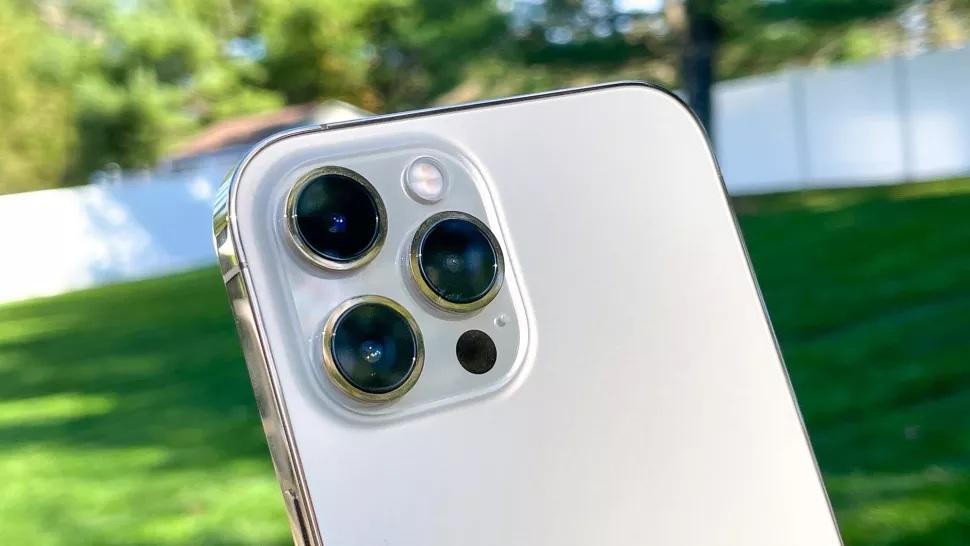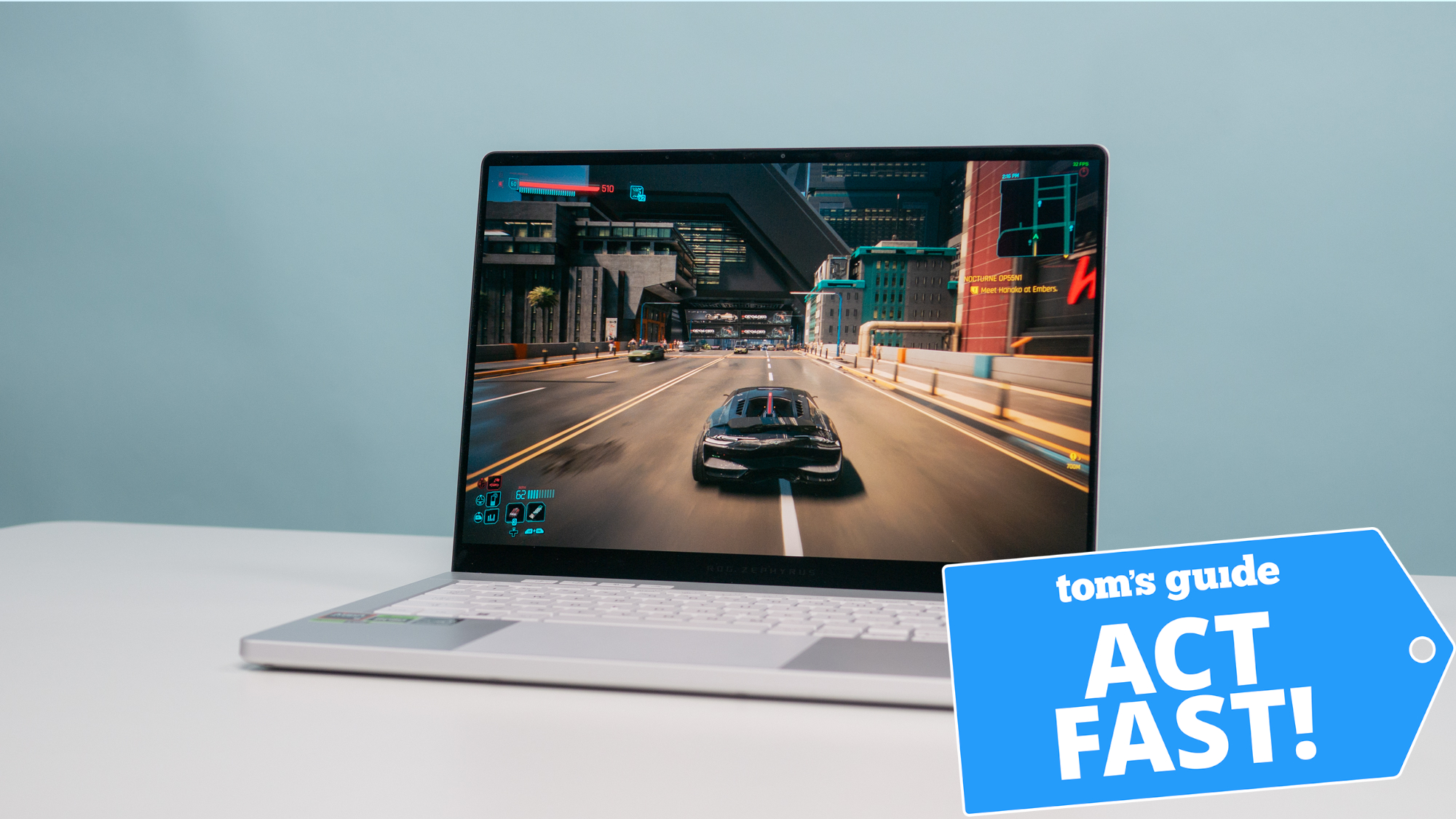iPhone 12 owners beware: Your 5G speeds might be slower than 4G
Not all 5G networks are created equal for the iPhone 12 and other phones

One of the highly-publicized benefits of having an iPhone 12 on Verizon is the wireless carrier's 5G service. Apple even brought CEO Hans Vestberg to its October iPhone 12 launch to talk up 5G. But the current 5G performance on Verizon's network may disappoint people who've bought the iPhone 12 — or any type of 5G device — for use on Verizon's nationwide network.
According to testing by PC Magazine, Verizon customers might want to turn off their 5G signal and stick to 4G LTE instead, as the more established standard can be faster than 5G in certain areas.
- How to turn off 5G on your iPhone 12
- Everything we know about the iPhone 13
- Plus: Google Pixel 6 could get this killer camera upgrade
The key benefit of Verizon’s 5G network is its millimeter-wave “ultra wideband” (UWB) signal, which has more capacity than the sub-6 5G services offered by other carriers. But Verizon's mmWave-based network is limited to around 60 U.S. cities and select arenas and stadiums. That's because as fast as mmWave signals are — and they can top 1 Gbps when you're downloading data — they don't travel very far and they can be blocked by physical obstructions like buildings.
To build out its 5G coverage, Verizon is reallocating parts of its LTE/4G spectrum for use as 5G, using a technique called Dynamic Spectrum Sharing. This is how Verizon was able to launch its nationwide network around the same time as the iPhone 12's debut. That part of Verizon 5G now reaches 230 million people in 2,700 cities around the U.S.
It's also the part of Verizon's 5G coverage that PC Mag flagged in its testing. During an iPhone 12 Pro speed test in New York, the publication that found that the DSS 5G network is typically slower than 4G.
The problem isn’t restricted to iPhones either, since the site also tested an OnePlus 8 on DSS 5G and a Galaxy S20 FE on regular 4G. Those tests showed the same thing: that 4G offered faster overall download speeds. The problem isn’t restricted to Verizon either, since the site’s 26-city speed tests also found AT&T’s “lowband” 5G was often slower than its 4G network.
It’s worth pointing out that Verizon’s UWB 5G is unaffected. PCMag took the iPhone 12 Pro to eight locations to test its speed, and only the first seven had DSS 5G, which was slower than 4G and suffered from higher latency. The eighth, which offered UWB 5G, was significantly faster than both.
Sign up to get the BEST of Tom's Guide direct to your inbox.
Get instant access to breaking news, the hottest reviews, great deals and helpful tips.
"For most customers, performance on our 5G nationwide network will be similar to 4G. [DSS] is new technology and we're continuing to modify it as we go. We expect performance improvement through 2021 and beyond," a Verizon spokesperson told said.
For what it's worth, T-Mobile ran into a similar problem a year ago when it launched a nationwide network of its own on low-spectrum 5G. At the time, speeds were marginally faster than LTE, though in some places, there was no difference in performance. T-Mobile has spent the past year bolstering its 5G speeds, primarily using mid-band spectrum it acquired in its merger with Sprint.
That's small comfort to Verizon customers, who will likely see improved speeds down the road but will have to contend with no appreciable gain at the moment, unless they spend all their time in an area that has Verizon’s mmWave-based UWB 5G. It's to the point where iPhone 12 users on Verizon may want to consider switching off 5G in the phone's settings and sticking to 4G. That can save battery life, as your phone won't constantly default to a 5G signal where one is available.
Our battery tests on the iPhone show a gain in battery life when you turn off 5G. The iPhone 12 only lasted 8 hours and 25 minutes on 5G in our battery testing, whereas it lasted 10 hours and 23 minutes with 4G on its own. The iPhone 12 Pro fared slightly better, with 9 hours and 6 minutes on 5G, but its 4G performance was still significantly better and lasted 11 hours and 24 minutes.

Tom is the Tom's Guide's UK Phones Editor, tackling the latest smartphone news and vocally expressing his opinions about upcoming features or changes. It's long way from his days as editor of Gizmodo UK, when pretty much everything was on the table. He’s usually found trying to squeeze another giant Lego set onto the shelf, draining very large cups of coffee, or complaining about how terrible his Smart TV is.
-
Drasani I have a 5g tower in line of site from me that is half a mile away. The speeds are crap compared to 4G. I have to be with in 1/4 of a mile for good speeds. I can get 100mbit+. It isn't just iphones. This is androids too. I get 12 mbit on 5g here. Forcing my phone under developer mode to do 4g I get 45mbits. 5g is a joke.Reply
